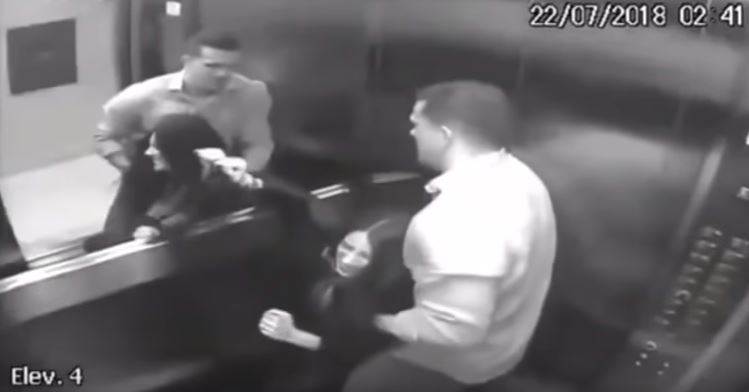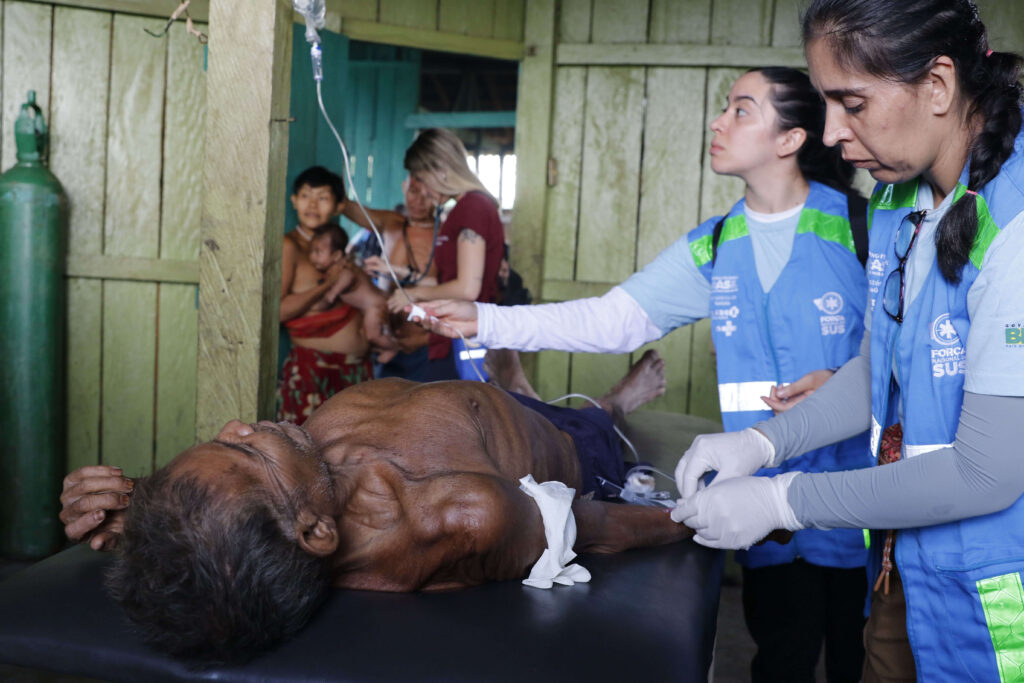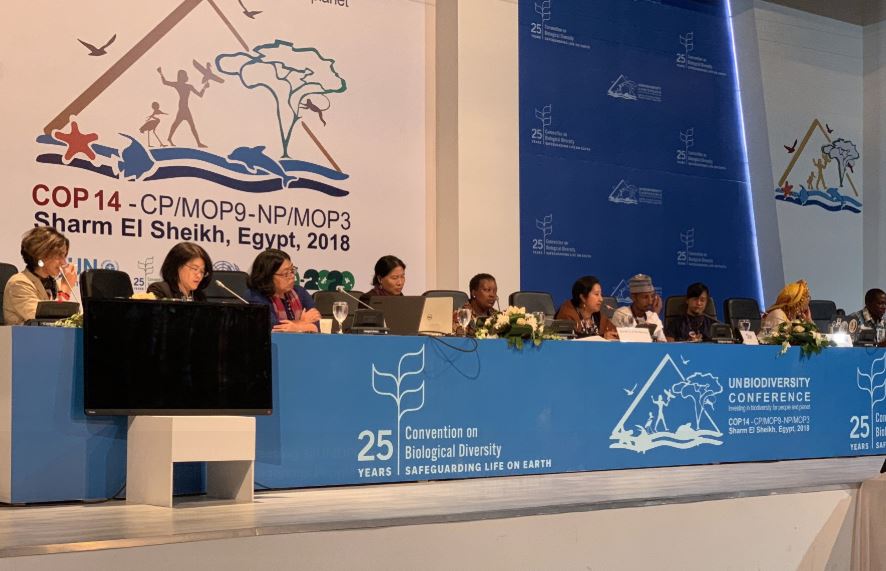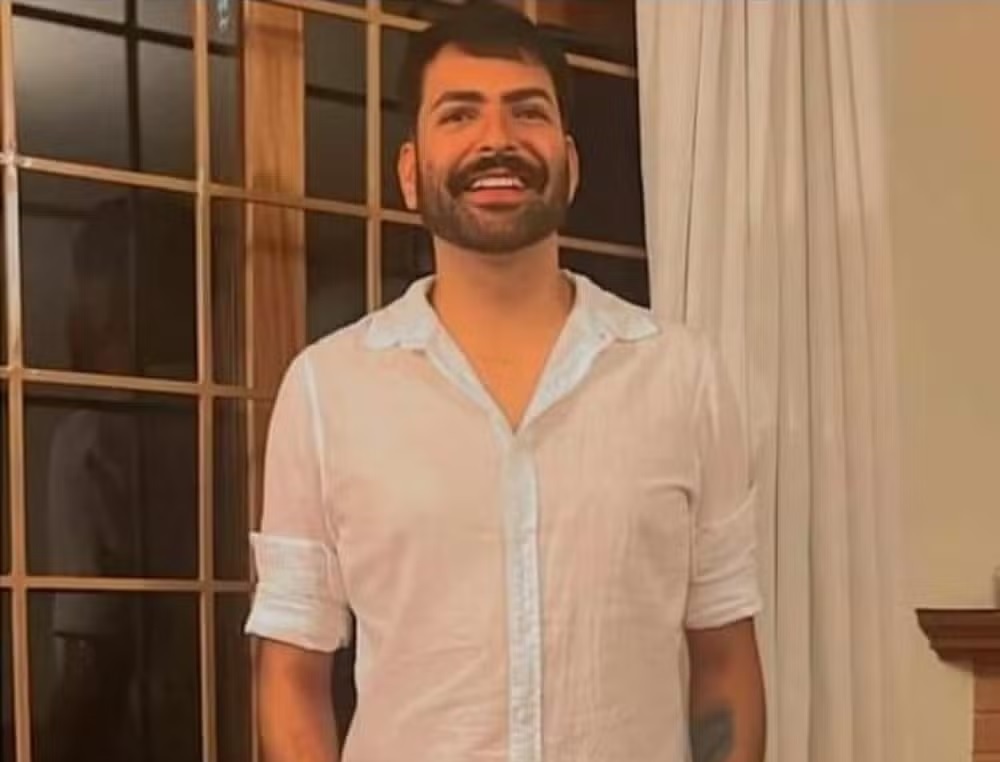A middle-aged man has been charged with femicide in Brazil after video footage was released showing him beating his wife, 29 year-old Tatiane Spitzner, in an elevator.
Suspected of later throwing her off the balcony of their fourth-floor apartment, the man, named as 32 year-old biology professor Luís Felipe Manvailer, has been charged with femicide with motives and cruelty to a defenceless victim. This Monday, August 6, the Paraná state prosecution service also accused him of psychological violence against his late wife and tampering with the crime scene, having wiped blood from the elevator after the incident.
A post mortem has since revealed that Spitzner also had a fracture to her neck, suggesting she might have been throttled, reported news outlet G1.
According to prosecutors, Manvailer “prevented the victim from moving away from the accused at least three times, forcing her to leave the garage of their building in his company, remaining inside the elevator and entering their apartment, restricting the victim’s freedom of movement.”
Video footage of the violent assault, captured by security cameras on the night of the incident, was first broadcast on the national television programme Fantástico and has since been circulating the internet.
For his part, Manvailer denies the accusations, claiming his wife Spitzner jumped off the balcony of her own accord.
According to his defence, the couple had been in a happy relationship for 5 years, whereas the victim’s family and friends maintain that it was an explosive marriage, from which Spitzner wanted a divorce. In fact, Whatsapp conversations between Spitzner and a friend, that are currently being used as evidence in the trial against Manvailer, read that her husband “hated her to death.”
A nationwide survey carried out in 2017 revealed that over half of those who have suffered abuse in Brazil claim it is carried out by a partner or ex-partner and only roughly 30% of them report it.
With the seventh-highest femicide rate in the world, Brazil is a country in which women continue to be targeted for gender-based reasons, encompassing everything from power dynamics to deeply-entrenched attitudes of sexism.
However, Spitzner’s tragic death has caused uproar across the country, sparking discussions around the topic of domestic abuse in Brazil and encouraging her close family members and friends to take action and speak out.
One initiative that has been launched, for instance, is the Instagram page @TodosPorTatiane which has been set up by Spitzner’s sister in her memory to serve as a network of support for Brazilian women experiencing similar abuse. In its relatively short existence, the page already has approximately 115,000 followers.
As it stands, Brazil currently holds some of the world’s leading legislation on domestic violence. The groundbreaking law was implemented in 2006, named after domestic violence survivor and women’s rights activist Maria da Penha, whose husband attempted to kill her twice during their relationship and was eventually only sentenced to two years in prison. The Lei Maria da Penha, implemented by Lula da Silva’s government at the time, imposes harsher punishments for those who commit crimes of domestic violence.
However, according to Brazil director for Human Rights Watch Maria Laura Canineu, who spoke to the New York Times about Brazil’s leading domestic abuse legislation, “the problem is that it is not being implemented.”
Despite the recent wave of women’s rights movements across the world, such as #MeToo and #NiUnaMenos, not to mention unprecedented moves to legalise abortion in both Brazil and Argentina, many women are still too afraid to speak out.
Whether the reasons that prevent women from denouncing domestic abuse stem from a fear of repercussions, or a concern that the Brazilian justice system will not issue sufficient punishments for the perpetrators, what’s certain is that this particular case has re-opened a societal wound that is still very far from healed.











